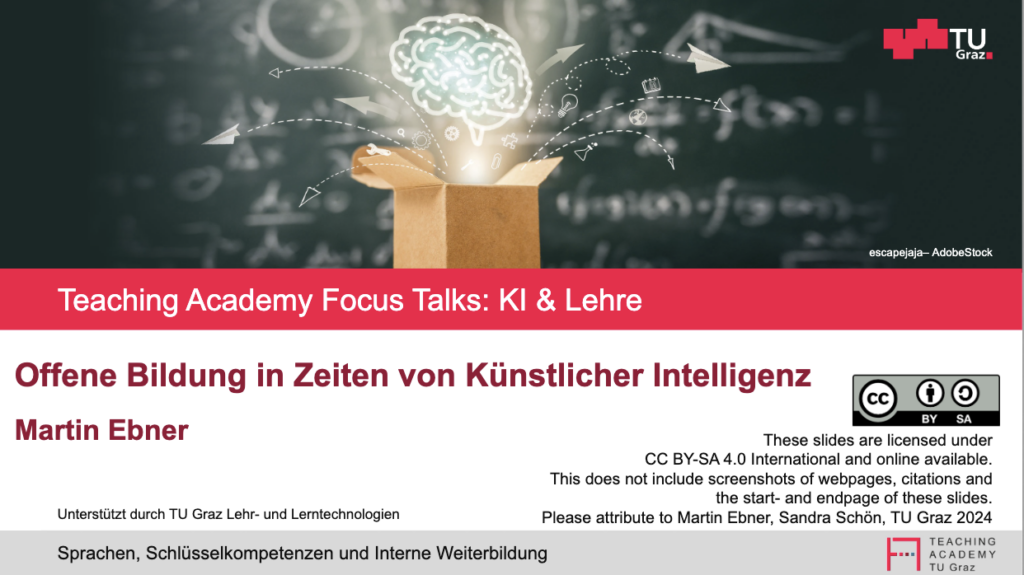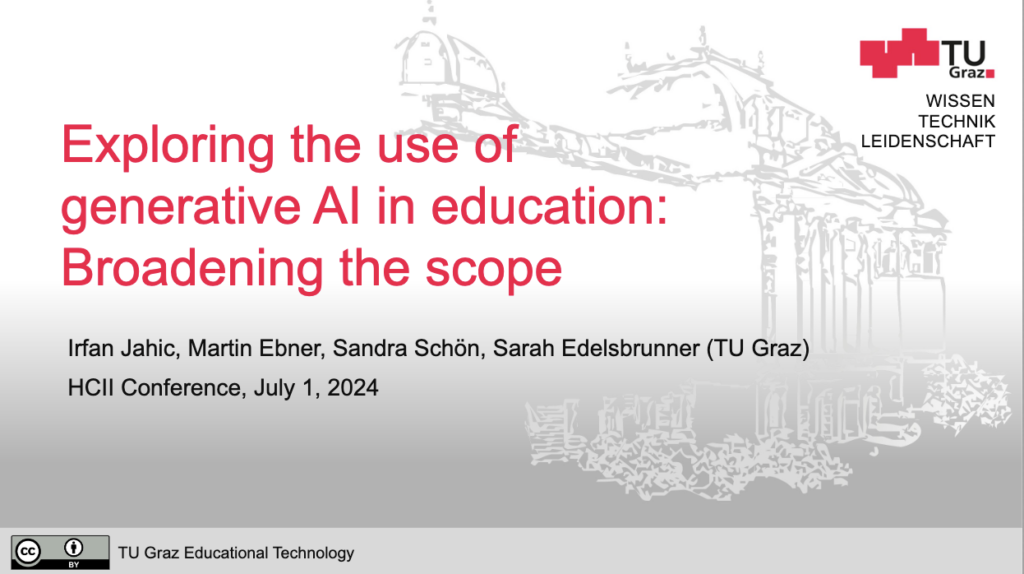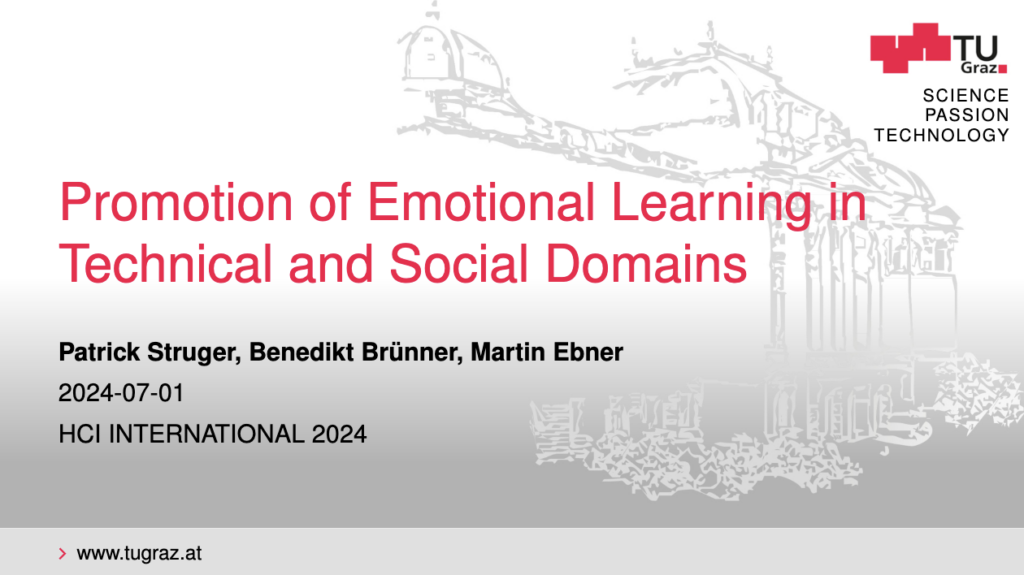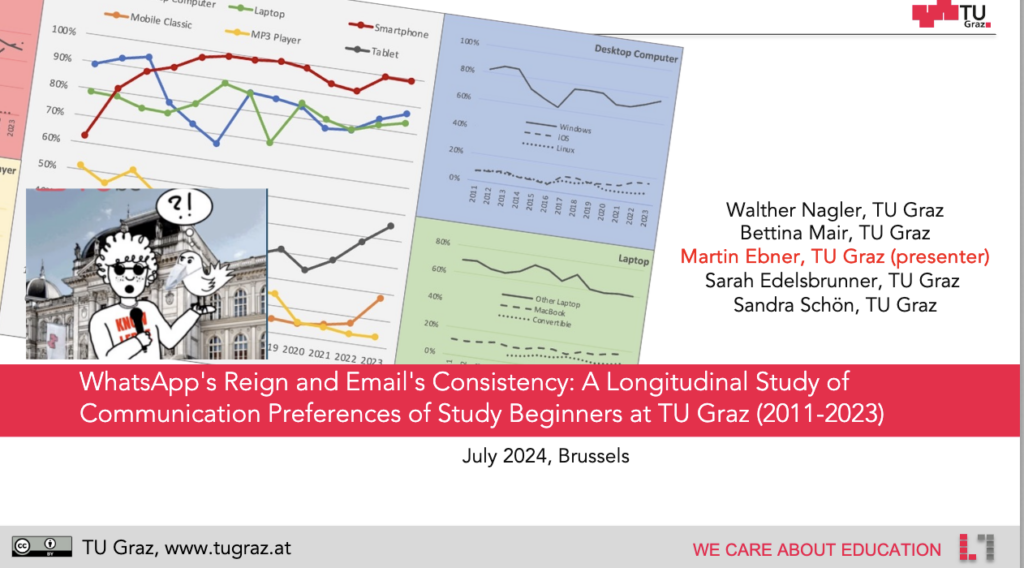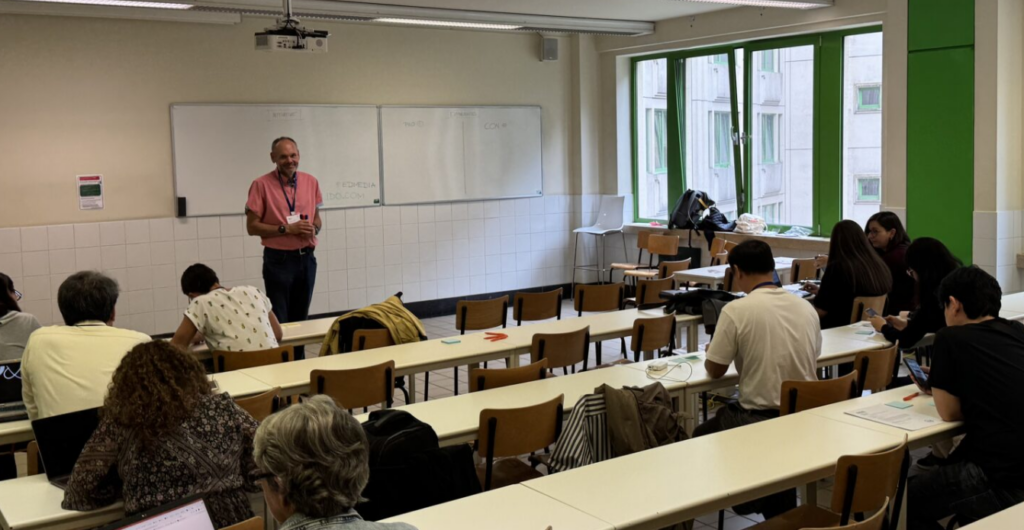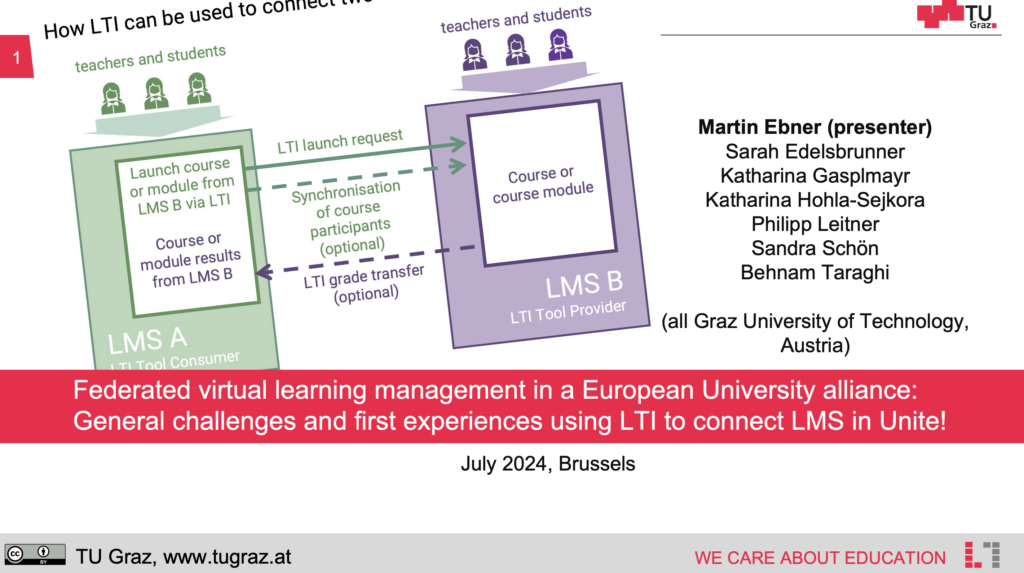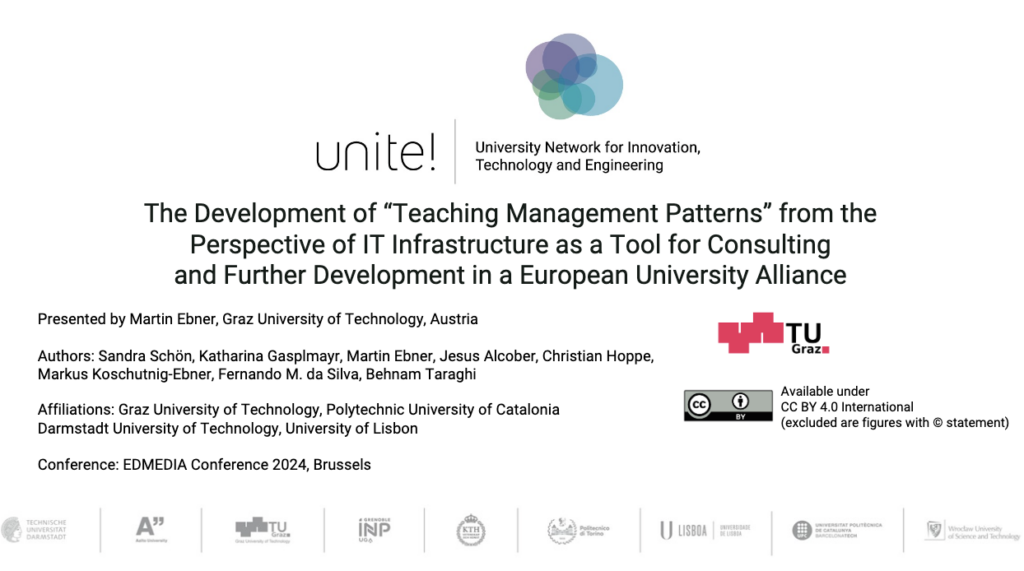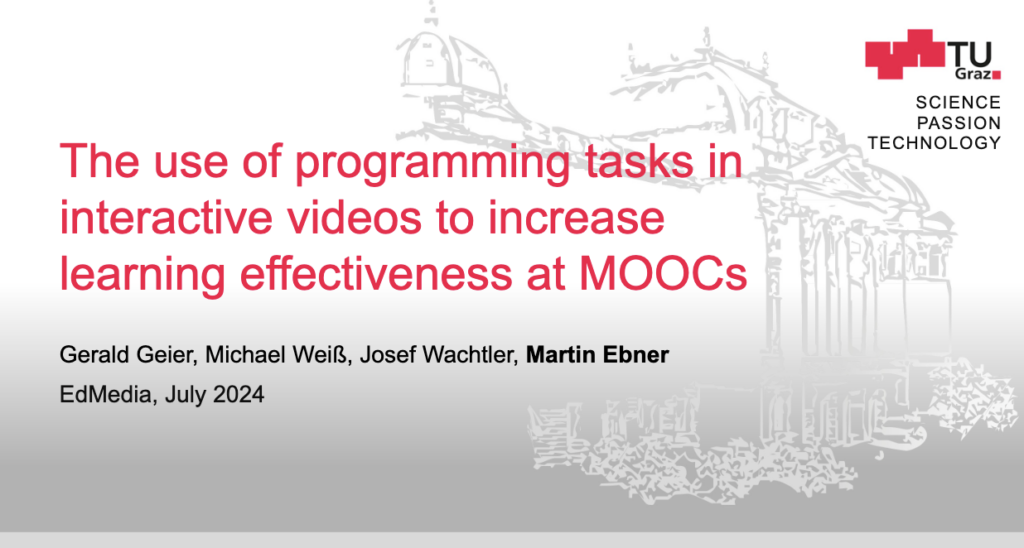Our publication, „Promotion of Emotional Learning in Technical and Social Domains: A Systematic Review, “ was published.
Abstract:
Different learning approaches and new Learning Environment Systems (LES) are evolving rapidly these days and are designed by taking more and more individual skills and personal characteristics and preferences into account. Also Emotional Learning is gaining more importance when it comes to different learning environments in the technical domain as well as in the social context. Emotional Learning can help to support the overall engagement in learning and approaching learning achievements significantly. This paper should give some deeper insights into Emotional Learning, which possibilities exist to support it in a meaningful way and how feedback of emotional states can be obtained in Learning Environment Systems in higher education. For this purpose a literature review was chosen as the underlying research method to explore and find the necessary answers in various scientific articles, encyclopedias and relevant conference papers from different sources. The outcome will show different state-of-the-art approaches and tools to promote Emotional Learning and how to incorporate emotional learning support in Learning Environments.
[article @ publisher’s homepage]
[draft @ ResearchGate]
Reference: Struger, P., Brünner, B., Ebner, M. (2024). Promotion of Emotional Learning in Technical and Social Domains: A Systematic Review. In: Zaphiris, P., Ioannou, A. (eds) Learning and Collaboration Technologies. HCII 2024. Lecture Notes in Computer Science, vol 14723. Springer, Cham. https://doi.org/10.1007/978-3-031-61685-3_18

